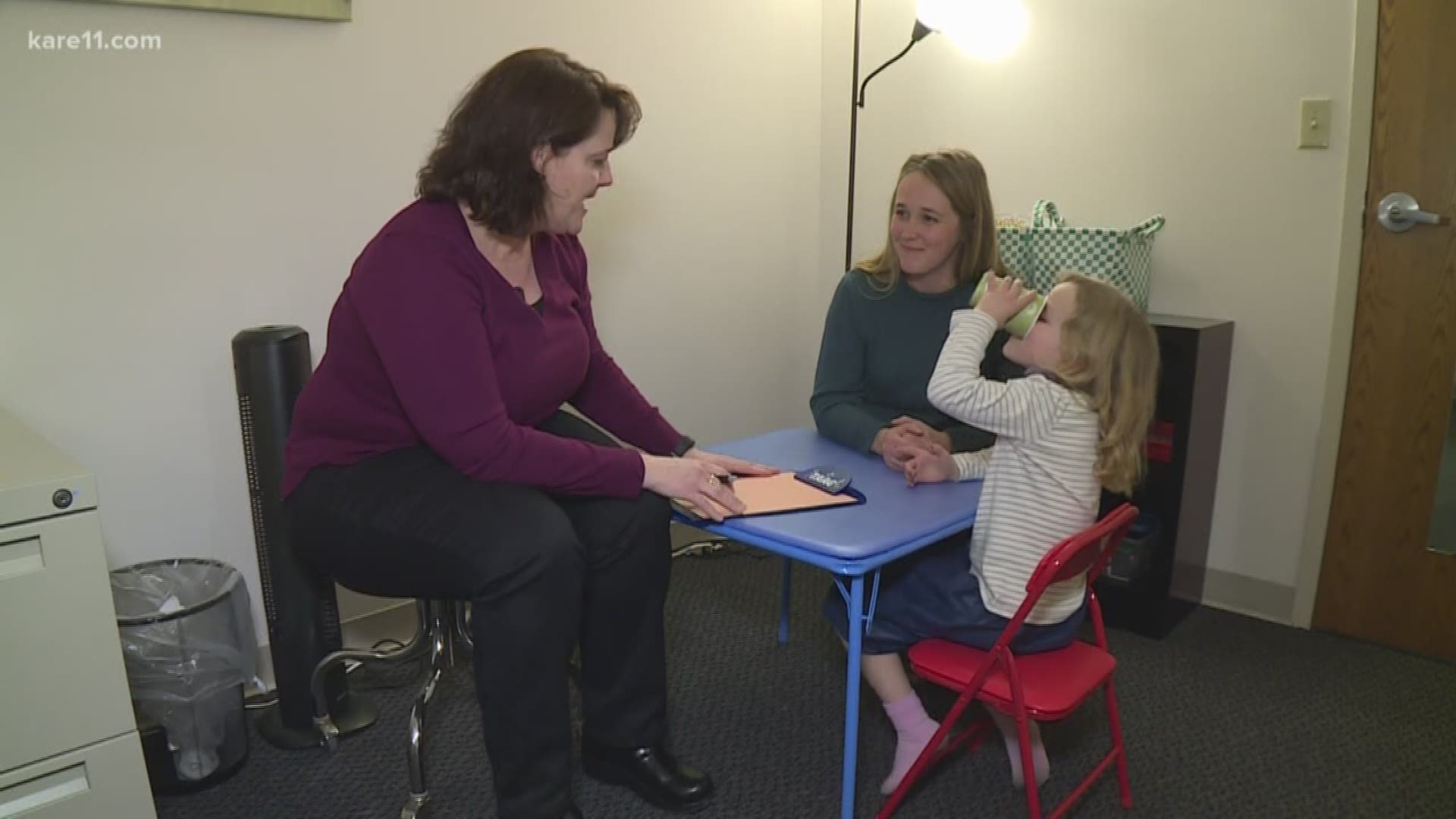MINNEAPOLIS, Minn. --- Toxins in what University of Minnesota researchers call ‘everywhere chemicals’ known as phthalates can alter the brain development in unborn babies, leading to language delay.
The University of Minnesota School of Public Health released a new finding in the journal JAMA Pediatrics, after an eight year study discovered that pregnant women exposed to phthalates can disrupt hormone and brain development in unborn babies, leading to physical abnormalities and language development delays.
The researchers discovered the link by looking at the language development of more than 1,300 participants from two child development studies — one from Sweden and the other from the United States, focusing on children in Minneapolis, Seattle, Rochester, New York and the San Francisco Bay area.
“What we observed was the more phthalate exposure Mom was exposed to during pregnancy, the higher the likelihood children had language delay at age two and three,” said Ruby Nguyen, associate professor at the U of M School of Public Health and a lead researcher in the study.
Phthalates are compounds that make plastics soft and flexible because they are so common in the environment. They can be found in plastic food containers, personal care products like shampoos, lotions and nail polish, and in housing products like vinyl flooring. Phthalates can be ingested, absorbed by the skin, or inhaled in the air.
In both studies, pregnant mothers were given urine tests to measure the amounts and types of phthalates in their bodies during gestation. After their children were born, the mothers were asked to estimate how many words their child spoke at approximately age three. Any responses of 50 words or fewer were classified as language delayed. The researchers then looked at how the phthalate levels in the mothers tracked with the language scores of their children.
Overall, the study found that:
• 233 children were classified as language delayed.
• exposure to two particular phthalates, dibutyl phthalate and butyl benzyl phthalate, were associated with an increased risk of language delay of 20-40 percent.
• boys had nearly double the rates of language delay compared to girls (phthalates are believed to interfere with male hormones in particular).
• there was evidence of a dose-response: children exposed to higher levels of phthalate in utero were more likely to be language delayed.
Professor Nguyen said the findings also support an additional investigation and new policy action such as government restrictions on certain chemicals.
“We do wonder as a society how can we come together and reduce some of the exposures we can’t reduce on our own. If we can come together for regulation and changes in policy perhaps that would be another big way of reducing our exposures in this important development window,” said Nguyen.
Nguyen is continuing her research looking at how phthalates and other chemicals influence many health outcomes, including the cardiovascular and lung development of children.

